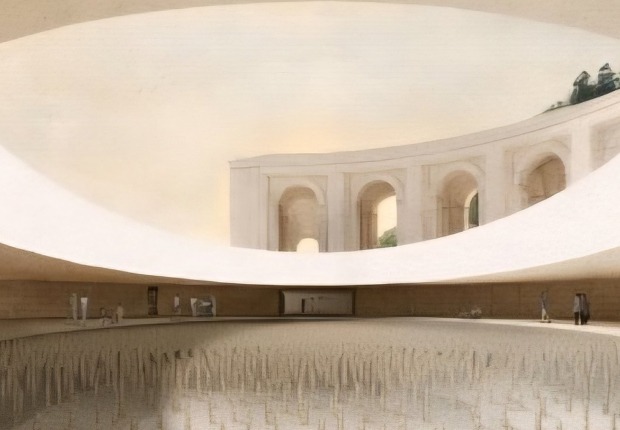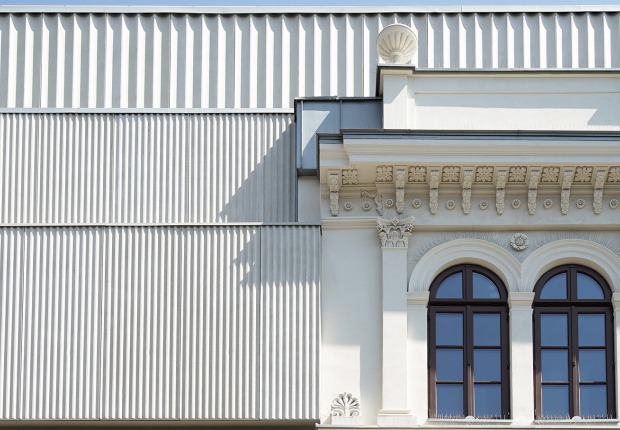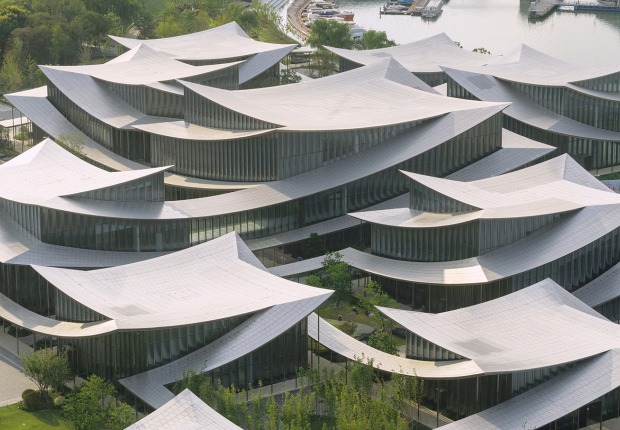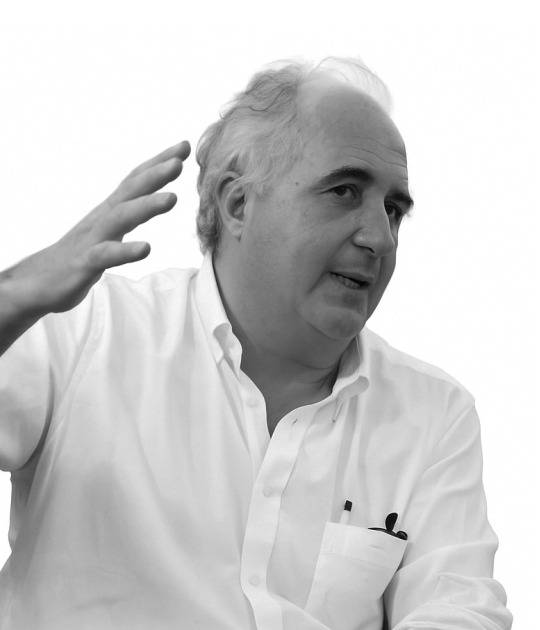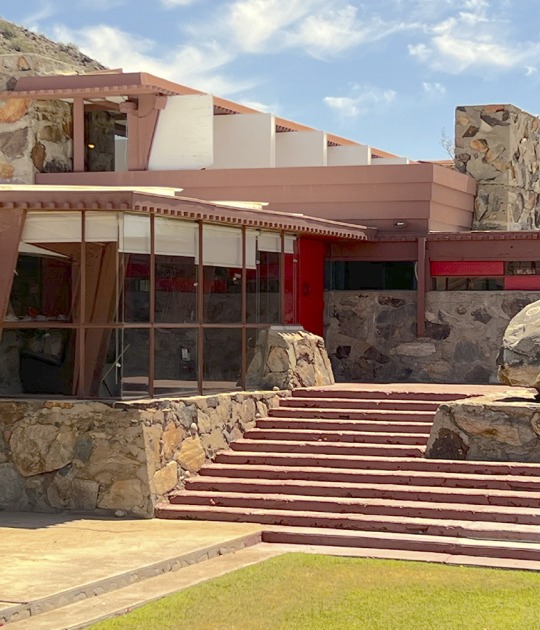Marina Tabassum (b. 1969, Dhaka, Bangladesh) is an acclaimed architect and educator who has received numerous international recognitions in the field of architecture. She graduated in 1995 from Bangladesh University of Engineering and Technology. Prior to founding Marina Tabassum Architects (MTA) in 2005, Tabassum was a founding partner of the Dhaka-based firm URBANA between 1995 and 2005 with Kashef Chowdhury. In 1997, URBANA won the national competition to design the Independence Monument of Bangladesh and the Museum of Independence under the Public Works Department and the Ministry of Liberation War Affairs. In her work, Tabassum seeks to establish a language of architecture that is contemporary yet reflectively rooted to place and prioritising climate, context, culture and history. Tabassum’s practice remains consciously contained in size, undertaking a limited number of projects per year.
Tabassum is a Professor at Delft University of Technology in the Netherlands. She held the Norman Foster Chair at Yale University in 2023 and has taught as a visiting professor at numerous universities including the Harvard University Graduate School of Design, USA; the University of Toronto, Canada; and BRAC University, Bangladesh. She received an Honorary Doctorate from the Technical University of Munich, Germany, and served as academic director at the Bengal Institute for Architecture, Landscapes and Settlements between 2015 and 2021.
Tabassum’s pursuit for the ‘architecture of relevance’ has won her numerous awards including the Soane Medal from the United Kingdom; Arnold Brunner Memorial Prize from the American Academy of Arts and Letters; the Gold Medal of the French Academy of Architecture; and the Jameel Prize from the Victoria and Albert Museum, London. She won the Aga Khan Award for Architecture in 2016 for the Bait ur Rouf Mosque and has served as a member of the Steering Committee of the Aga Khan Awards for Architecture from 2017 to 2022 and is a fellow of the Royal Society of Arts (RSA). In 2024, Tabassum was included in TIME Magazine’s ‘100 Most Influential People’.
Tabassum chairs the Executive Board of Prokritee, a fair-trade organisation that promotes crafts and provides livelihood to thousands of women artisans of Bangladesh. She is the founding chairperson of the Foundation for Architecture and Community Equity (F.A.C.E), a non-forprofit organisation that focuses on climate adaption and architecture’s agency and responsibility in providing dignified living conditions for marginalised populations. F.A.C.E is currently working with communities to build mobile modular housing (known as Khudi Bari) in various geographically and climatically challenged locations in Bangladesh.
Tabassum’s work is currently the subject of a travelling exhibition organised by Architektur Museum der TUM, Munich, showing in Lisbon and Delft. She has previously presented work at Whitechapel Gallery, London (with Rana Begum, 2019); Sharjah Architecture Triennale (2019); and Venice Architecture Biennale (2018). Her work has been published by ArchiTangle; Harvard Graduate School of Design; ORO Editions; and Lars Müller Publishers among others.
Marina Tabassum Architects (MTA). Founded in 2005, Marina Tabassum Architects (MTA) is an internationally recognised architecture and studio-based practice located in Dhaka, Bangladesh. MTA began its journey in the quest of establishing a language of architecture that is contemporary to the world yet rooted to a specific place. Standing against the global pressure of consumer architecture – a fast breed of buildings that are out of place and context – MTA is committed to rooting architecture to a place and is informed by climate and geography. Their work is well regarded as environmentally conscious, socially responsible and historically and culturally appropriate. Every project undertaken is a sensitive and relevant response to the uniqueness of individual sites, contexts, cultures and people.
With a focus on combining research and teaching, MTA invests in extensive research work on the impacts of climate change in Bangladesh working closely with geographers, landscape architects, planners and other allied professionals. Their focus of work also extends to the marginalised low to ultra-low income population of the country with a goal to elevate the environmental and living conditions of people.
Headed by principle architect Marina Tabassum, the studio engages talented architects and professionals with an interest in self-built projects, who are willing to push the boundaries of the conventional norms of practice. The associate architects who are responsible for research, design and management of individual projects work directly under the principal architect. The practice is consciously kept and retained in an optimum size and projects undertaken are carefully chosen and are limited by number per year.
MTA's process-based practice model is well regarded in the international scene of architecture as a Twenty First Century model. As such, MTA has presented works and research to numerous institutions across Bangladesh and internationally. In 2016, MTA received the Aga Khan Award for Architecture for the Bait Ur Rouf Mosque – a building distinguished by its lack of popular mosque iconography, an emphasis on space and light and its capacity to function not only as a place of worship but also as a refuge for a dense neighbourhood on Dhaka’s periphery. The project was also listed among the top 25 postwar buildings of the world by New York Times.





